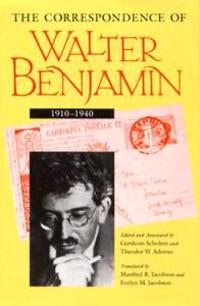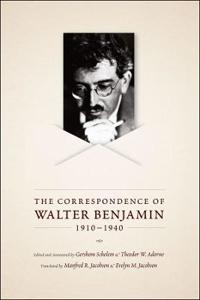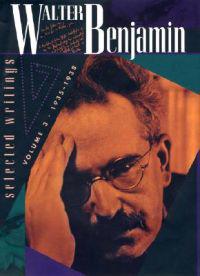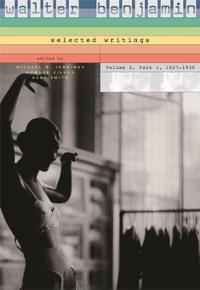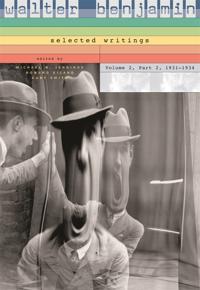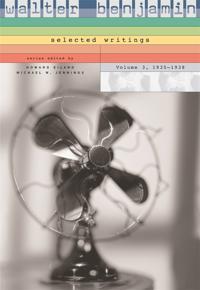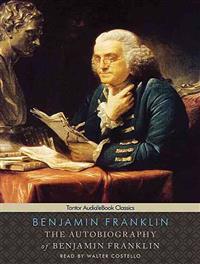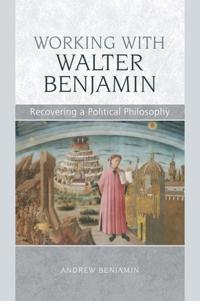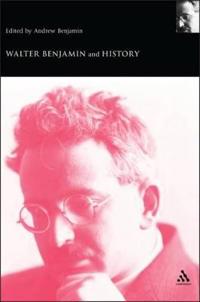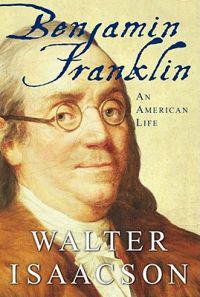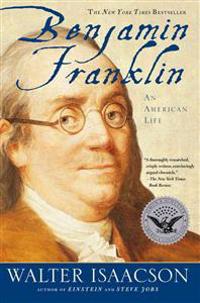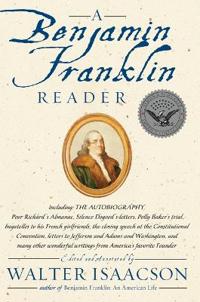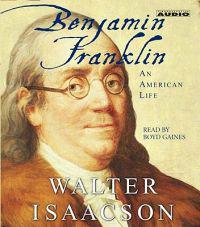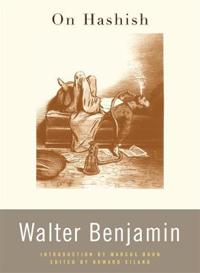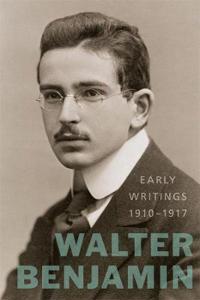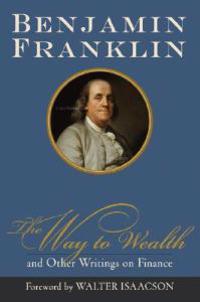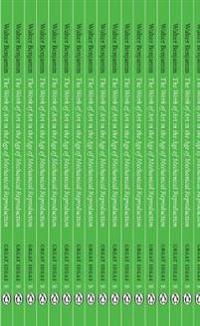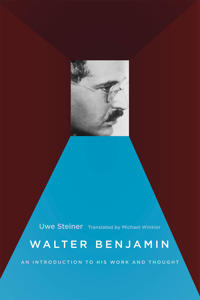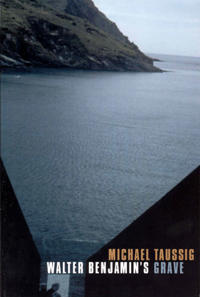The Correspondence of Walter Benjamin, 1910-1940 (Inbunden)
avWalter Benjamin, Gershom Scholem, Theodor W. Adorno
ISBN: 9780226042374 - UTGIVEN: 199406Called "the most important critic of his time" by Hannah Arendt, Walter Benjamin has also emerged as one of the most compelling thinkers of our time, his work assuming a crucial place in current debates over the interactions of art, culture, and meaning. A "natural and extraordinary talent for lette[...]
The Correspondence of Walter Benjamin, 1910-1940 (Häftad)
avWalter Benjamin
ISBN: 9780226042381 - UTGIVEN: 201209Called "the most important critic of his time" by Hannah Arendt, Walter Benjamin has only become more influential over the years, as his work has assumed a crucial place in current debates over the interactions of art, culture, and meaning. A "natural and extraordinary talent for letter writing was [...]
Walter Benjamin Selected Writings (Inbunden)
avWalter Benjamin, Michael W. Jennings, Marcus Bullock
ISBN: 9780674008960 - UTGIVEN: 200212Radical critic of a European civilization plunging into darkness, yet commemorator of the humane traditions of the old bourgeoisie - such was Walter Benjamin in the later 1930s. This volume, the third in a four-volume set, offers 27 pieces, 19 of which have never before been translated. The centrepi[...]
Walter Benjamin (Inbunden)
avWalter Benjamin
ISBN: 9780674010765 - UTGIVEN: 200307Selections from the canon of Walter Benjamin focus on history, technology, and the nature of modernism, in essays on Charles Baudelaire, the crisis of meaning in the modern world, the value of the written word, and other topics. (Philosophy)[...]
Walter Benjamin (Pocket)
avWalter Benjamin, Rodney Livingstone, Michael W. Jennings
ISBN: 9780674015883 - UTGIVEN: 200506In the frenzied final years of the Weimar Republic, amid economic collapse and mounting political catastrophe, Walter Benjamin emerged as the most original practicing literary critic and public intellectual in the German-speaking world. Volume 2 of the Selected Writings is now available in paperback[...]
Walter Benjamin (Pocket)
avWalter Benjamin, Michael W. Jennings, Marcus Bullock
ISBN: 9780674017467 - UTGIVEN: 200506In the frenzied final years of the Weimar Republic, amid economic collapse and mounting political catastrophe, Walter Benjamin emerged as the most original practicing literary critic and public intellectual in the German-speaking world. Volume 2 of the Selected Writings is now available in paperback[...]
Walter Benjamin: Selected Writings, Volume 3: 1935-1938 (Häftad)
avWalter Benjamin
ISBN: 9780674019812 - UTGIVEN: 200605Radical critic of a European civilisation plunging into darkness, yet commemorator of the humane traditions of the old bourgeoisie - such was Walter Benjamin in the later 1930s. This third volume, in a four-volume set, offers 27 brilliant pieces - nineteen of which have never before been translated.[...]
The Correspondence of Walter Benjamin and Gershom Scholem 1932-1940 (Pocket)
avGershom Scholem, Walter Benjamin
ISBN: 9780674174153 - UTGIVEN: 1992-03-01The Autobiography of Benjamin Franklin (CD-bok)
avBenjamin Franklin, Walter (NRT) Costello, Benjamin Franklin
ISBN: 9781400108985 - UTGIVEN: 2008-11Working with Walter Benjamin (Häftad)
avAndrew Benjamin
ISBN: 9780748648986 - UTGIVEN: 2013-11This book provides a highly original approach to the writings of the twentieth-century German philosopher Walter Benjamin by one of his most distinguished readers. It develops the idea of "working with" Benjamin, seeking both to read his corpus and to put it to work - to show how a reading of Benjam[...]
Walter Benjamin and History (Häftad)
avAndrew Benjamin
ISBN: 9780826467461 - UTGIVEN: 2005-12The first book to examine in detail Benjamin's Theses on the Philosophy of History Benjamin's collection of fragments, Theses on the Philosophy of History, play a determining role in how Benjamin's thought is understood, as well as in the debate about the interplay between politics, history and time[...]
Radio Benjamin (Inbunden)
avWalter Benjamin
ISBN: 9781781685754 - UTGIVEN: 2014-09From 1927 to 1933, Walter Benjamin wrote and presented more than eighty broadcasts over the new medium of radio. Radio Benjamin gathers, for the first time in English, the surviving transcripts. This eclectic collection shows the range of Benjamin's thinking and includes stories for young and old, p[...]
Benjamin Franklin (Inbunden)
avWalter Isaacson
ISBN: 9780684807614 - UTGIVEN: 200307Chronicles the founding father's life and his multiple careers as a shopkeeper, writer, inventor, media baron, scientist, diplomat, business strategist, and political leader, while showing how his faith in the wisdom of the common citizen helped to forge an American national identity based on the vi[...]
Benjamin Franklin (Häftad)
avWalter Isaacson
ISBN: 9780743258074 - UTGIVEN: 200408Chronicles the founding father's life and his multiple careers as a shopkeeper, writer, inventor, media baron, scientist, diplomat, business strategist, and political leader, while showing how his faith in the wisdom of the common citizen helped forge an American national identity based on the virtu[...]
A Benjamin Franklin Reader (Häftad)
avWalter Isaacson
ISBN: 9780743273985 - UTGIVEN: 200506BENJAMIN FRANKLIN'S GREATEST WRITINGS
"Edited and Annotated by Walter Isaacson"
Selected and annotated by the author of the acclaimed "Benjamin Franklin: An American Life, " this collection of Franklin's writings shows why he was the bestselling author of his day and remains[...]Benjamin Franklin: An American Life (CD-bok)
avWalter Isaacson
ISBN: 9780743533652 - UTGIVEN: 200307Chronicles the founding father's life and his multiple careers as a shopkeeper, writer, inventor, media baron, scientist, diplomat, business strategist, and political leader, while showing how his faith in the wisdom of the common citizen helped to forge an American national identity based on the vi[...]
DAS KUNSTWERK IM ZEITALTER SEINER TECHNISCHEN REPRODUZIERBARKEIT (Häftad)
avBENJAMIN WALTER
ISBN: 9783518100288 - UTGIVEN: 2004-10On Hashish (Pocket)
avWalter Benjamin, Howard Eiland, Walter Benjamin
ISBN: 9780674022218 - UTGIVEN: 200605Walter Benjamin's posthumously published collection of writings on hashish is a detailed blueprint for a book that was never written - a 'truly exceptional book about hashish', as Benjamin describes it in a letter to his friend Gershom Scholem. A series of 'protocols of drug experiments,' written by[...]
Early Writings (Inbunden)
avWalter Benjamin, Howard (TRN) Eiland, Walter Benjamin
ISBN: 9780674049932 - UTGIVEN: 2011-05Walter Benjamin became a published writer at the age of seventeen. Yet the first stirrings of this most original of critical minds--penned during the years in which he transformed himself from the comfortable son of a haute-bourgeois German Jewish family into the nomadic, uncompromising philosopher-[...]
The Way to Wealth and Other Writings on Finance (Inbunden)
avBenjamin Franklin, Walter Isaacson, Benjamin Franklin
ISBN: 9781402737893 - UTGIVEN: 200610Franklin compiled and self-published his own venerated advice and proverbs on personal finance from Poor Richard's Almanack. Since its appearance as a pamphlet in 1758, it has been reprinted and translated countless times. This new edition includes his counsel on financial planning, investment, prud[...]
The Work of Art in the Age of Mechanical Reproduction (Pocket)
avWalter Benjamin
ISBN: 9780141036199 - UTGIVEN: 200808One of the most important works of cultural theory ever written, Walter Benjamin's groundbreaking essay explores how the age of mass media means audiences can listen to or see a work of art repeatedly - and what the troubling social and political implications of this are. Throughout history, some bo[...]
One-Way Street and Other Writings (Häftad)
avWalter Benjamin
ISBN: 9780141189475 - UTGIVEN: 200910Walter Benjamin - philosopher, essayist, literary and cultural theorist - was one of the most original writers and thinkers of the twentieth century. This new selection brings together Benjamin's major works, including "One-Way Street", his dreamlike, aphoristic observations of urban life in Weimar [...]
Walter Benjamin (Pocket)
avUwe Steiner, Michael Winkler, Uwe Steiner
ISBN: 9780226772226 - UTGIVEN: 201206Seven decades after his death, German Jewish writer, philosopher, and literary critic Walter Benjamin (1892-1940) continues to fascinate readers and influence academic writing, both stylistically and conceptually. Here Uwe Steiner offers a comprehensive and sophisticated introduction to the oeuvre o[...]
Walter Benjamin's Grave (Häftad)
avMichael T. Taussig
ISBN: 9780226790046 - UTGIVEN: 2006-08In September 1940, Walter Benjamin committed suicide in Port Bou on the Spanish-French border when it appeared that he and his travelling partners would be denied passage into Spain in their attempt to escape the Nazis. In 2002, one of anthropology's - and indeed today's - most distinctive writers, [...]
Metaphysics of the Profane: The Political Theology of Walter Benjamin and Gershom Scholem (Inbunden)
avEric Jacobson
ISBN: 9780231126564 - UTGIVEN: 2003-07-30

